For older people and frail people, the long-term benefit of medicines reduces and the potential for harm from adverse effects increases. When the benefit–risk balance changes in this way, medicine review and optimisation are important to simplify the therapeutic regimen, reduce inappropriate medicines and minimise risks. In this article, pharmacist prescriber Linda Bryant uses two case studies to illustrate important considerations during medicine reviews
Winners are grinners: Tāmaki Health boss Lloyd McCann
Winners are grinners: Tāmaki Health boss Lloyd McCann
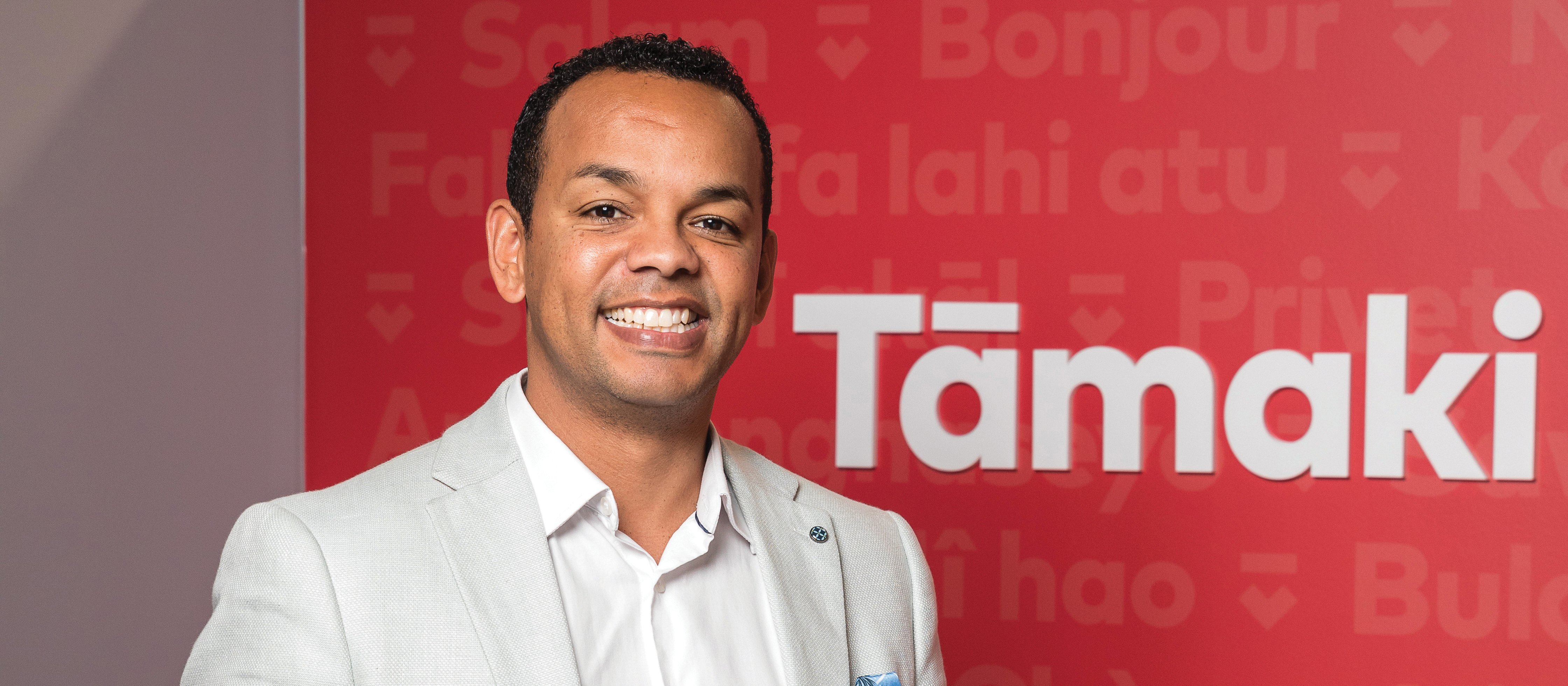
Superhero-comic fan Tāmaki Health chief executive Lloyd McCann talks to reporter Alan Perrott about cheesy smiles, speaking up for the Māori Health Authority, and managing risk
The announcement of Lloyd McCann’s inclusion on the expert panel for Heather Simpson’s root-to-tip health system review left many asking “Who?”
Says Dr McCann: “It was, ‘There are the experts…Shelley Campbell, Bryan Roche, Peter Crampton…oh, and there’s Lloyd, the guy with the cheesy smile’...”
And, in that 2018 announcement naming the Health and Disability System Review Panel members, he was described as “Mercy Radiology and Healthcare Holdings Ltd chief executive and head of digital health”. It sold him rather short.
As we now know, the panel became divided over the Māori Health Authority; Dr McCann was one of those rebelling against Ms Simpson and favouring, in the final report, a fully empowered, fully funded, commissioning entity. Four of the seven panellists wrote an “alternate view” to the main recommendation of a non-commissioning authority.
Dr McCann remembers it as a “crucible moment, that, certainly, was incredibly challenging…”
The “crucible” also forged lasting friendships and, he says, possibly lit the fuse on equity: “If I look at the discourse around equity now, and it remains contentious, it’s certainly shifted from when I was a medical student when we paid lip service to it.
“So, I’m proud to say I was on the side arguing for an enabled, well-funded Te Aka Whai Ora. To me, and I clearly have a bias in this space being a ‘Cape Coloured’ South African, but if we get equity, everyone benefits.
“I think it is absolutely understandable why people might have a reaction to a focus on a particular subset of the population, but if they step back and look beyond that, they will see that this will benefit them as well, and if we can move beyond that emotive, emotional response, then we can make progress.”
Last December Dr McCann was named again, this time as the new chief executive at Tāmaki Health, New Zealand’s largest privately owned primary healthcare provider.
The company has a reputation – whether deservedly or not – as a city state that not only fails to play well with others, but also simply ignores them.
Now, perhaps, the doors on Tāmaki’s flash new Ellerslie office in Auckland are being flung open: “It’s almost like year zero,” says the new leader, “a new path, a new organisation, and a new opportunity to do things differently.”
As with the superhero comics he consumes avidly, fresh starts do seem to be a recurring plot device in Lloyd McCann’s story.
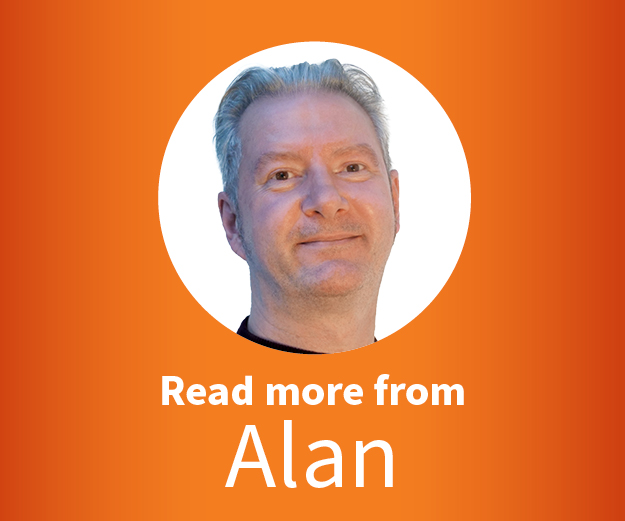
Born in Cape Town in 1980 to parents who worked in teaching and banking, he grew up in reasonably comfortable circumstances. But South Africa’s racial politics forever labelled the family as Cape Coloureds.
A school prefect with a network of friends, as a 16-year-old he was proficient in Afrikaans and Xhosa and had nascent career plans. Then the bombshell dropped: the McCanns were moving to Kerikeri, New Zealand.
Siri, show me culture shock: “I did a bit of competitive sprinting, and I was training one afternoon, and I saw a kid a similar age, sitting in the middle of the track. He had this funny-looking device and I walked over like ‘What are you up to?’ and he said: ‘Do you want some?’ And I said: ‘I don’t know what that is,’ and it was a bong, so that was one of my early memories of Kerikeri.”
He was still in school when he applied to study medicine: “I was originally going to be an engineer – I love MacGyver.”
Worried about the size of his impending student loan, he entered the New Zealand Army’s Malone Scheme, which would cover most of his university costs in exchange for committing his holidays to the backblocks of Waiouru and then joining the Territorials after graduation.
Private McCann was undergoing basic training when the University of Auckland called to schedule his interview. He caught a midnight bus north, then bussed back to barracks, a routine that continued until he was both a doctor and Captain in the New Zealand Army Reserves.
Army life, he says, showed him the value of leadership and creating good environments for people to work in: “So, I guess that planted a seed for me around a potentially different way to contribute to health as my career developed.”
But he had some growing up to do first. The student who rolled up for his first day at medical school in 1999 was a “young, annoying man who thought he knew everything when in fact he knew very little”.
He scoffed when their first-year convener predicted a third of the class would most likely partner up, only for romance to bloom with classmate, New Zealand gymnastic representative, ballet dancer and eventual class-topper, Karina McHardy.
Says Dr McCann: “The best decision of my life? Asking Karina out.”
Once graduated, he took on a new post as medical administration senior house officer with the then Counties Manukau DHB, still keeping up his role with the Territorials. At the DHB, he helped develop iBleep, a replacement for the old-school pager.
Things seemed to be going to plan until the 2008 resident doctors’ strike.
He had been Resident Doctors’ Association class representative, New Zealand Medical Students Association secretary and social committee representative, so it shocked many when he crossed the picket line.
“That was a hard decision, really hard,” he says, “but I kept thinking about how New Zealand had given me some amazing opportunities, I can’t just walk off the job…but it was character building, and to this day I think that was the right decision, which is not to say I didn’t agree with what the RDA was trying to achieve for us.
“I think that experience has informed my approach since: you’ve got to stay engaged, stay at the table, and stay in the difficult discussions to resolve the issues and challenges we’ve got.”
I was literally working with rocket scientists, which was awesome
Dr McCann had begun emergency medicine training when news came that Dr McHardy, by this time his wife and “the real brains of the operation,” had won Commonwealth and Clarendon Scholarships to study global health at the University of Oxford.
“The idea of living apart didn’t appeal to me,” he says. “It might have appealed to her; I didn’t actually ask.” So he scored a managerial and clinical scholarship at Oxford’s John Radcliffe Hospital, where he joined the performance management team while also working in the emergency department.
A project to reduce ED waiting times became a crash course in integrated models of care as he convinced his colleagues to introduce GPs.
It wasn’t easy: “Of course, there’s craft group rivalry, that was quite a difficult concept for some to get their head around but, in the end, we agreed as a clinical team that this would be a good idea to try.”
Not only did performance improve, Dr McCann says shorter waiting times improved patient satisfaction, GPs loved the new environment, and their funder was happy because treating patients in primary care was cheaper.
“It was that dream win–win situation.”
Creating single electronic patient records provided another lesson. “This was the stars aligning; you get people together and seemingly intractable problems suddenly become possible to solve because there’s kind of a critical mass of people willing to take risks, do things differently, have those difficult conversations and, most importantly, back each other when things go wrong.”
He was leading the hospital trust’s performance unit and taking a Master of Science in Health Services Management when Florida-based, multibillion-dollar, 70,000-employee Harris Corporation lured him away as global medical director.
Dr McCann was now in the heart of the American militaryindustrial complex – “I was literally working with rocket scientists, which was awesome” – in a role stretching across the US, Europe, China, the Middle East and Africa.
“That job highlighted how you can do quite a lot with quite a little, if you are prepared to take some risk and think slightly differently.
“So that was probably one of the best jobs I’ll have in my career, and I got to see the best and worst of different health systems around the world.”
The couple’s one-year sojourn had now stretched to five-and-a-half years. While Dr McCann was getting deeply digital, his wife had completed her master’s and a PhD and was lecturing at Oxford and working at WHO.
It felt like time to head home. Dr McCann applied for the medical director role at Healthcare Holdings Ltd and Dr McHardy snared some fellowships with Health Workforce New Zealand, but the clincher was her mother’s breast cancer diagnosis.
Dr McCann then completed fellowship with the Royal Australasian College of Medical Administrators and was awarded the gold medal. He had risen to chief executive of Healthcare Holdings’ Mercy Radiology and Clinics when he was appointed as a member of the review panel.
Then-chair of the review’s Māori expert advisory group Sharon Shea says Dr McCann was “an overt ally in the face of robust debate” during their shared experience of pushing for the Māori Health Authority.
“I can’t speak highly enough of him,” Ms Shea says. “He has that rare ability to be savvy across multiple areas, commercial, community and clinical, and bring them together with warmth and integrity.”
Ms Shea, now chief executive of Shea Pita & Associates, also learned not to take Dr McCann on in a superhero quote-off: “He just looked at me: ‘No, no, Sharon, that’s not right’…”
By 2021, uncertainty swirled around Tāmaki Health once the collapse of its sale to Green Cross Health collapsed, leaving the company to the tender mercies of private equity firm Mercury Capital.
Dr McCann might talk a collaborative game, but his direction is clear. Integrated models of care and co-located services are a lock-in: “I don’t think we have a choice. We have to lean into that space because this organisation has got amazing doctors, nurses, administrators, incredible people who are passionate about what they do, but there is too much work.”
“It’s as simple as that, too much work, and all that happens is that we burn people out.”
The patient-facing workforce must expand: “I’m all for safe, high-quality systems, but Einstein said it, ‘if you keep doing the same thing expecting different results, that’s the definition of insanity’.
“The only way I believe we solve the demand-supply mismatch conundrum is, yes, we need to train more people, and we need to have innovative health pathways, but we’ve got to fundamentally change the way we work.”
The process of booking patient appointments needs an overhaul: “We are completely provider-centric. We go: ‘Here’s a letter in the mail. I need you to turn up at this place, at this time, irrespective of what’s happening in your life’.
“How inefficient is that because our [did not attend] rates are massive. Like, actually, let’s organise around the patient.”
Amid some GP disquiet around the rise of specialised nursing roles, Dr McCann lauds the success of the maternity technicians performing caesarean sections in Kenya.
“I guess the interesting thing around all this,” he says, “is that we as professionals shoot ourselves in the foot because of that instinct to patch protect; it’s mine, you’re putting me out of a job.
“That emotional and human response is very real and incredibly understandable, so I think one of the challenges for leadership is to get people to a point where they are less reactive – that’s a conversation we’re having inside Tāmaki Health; we’ve just got to take the cortisol levels down a few notches.”
Dr McCann is optimistic: “Because, actually, things are going to be okay,” he says.
“We’re under a lot of pressure, but we need to create some time and some space, and this is about risk and managing risk. Everything is not going to go right in the transformation, right? But even with that, we are going to be okay if we know people’s heads are not going to roll if we try something and it doesn’t work.
“We’ll just stop doing that and try something else.”
And if anyone is up for trying something else, it’s the man with the cheesy smile. n
- Chief executive, Tāmaki Health – since December 2022
- Member, Health and Disability System Review Panel – August 2018 to March 2020
- Various roles with Healthcare Holdings and Mercy Radiology and Clinics – February 2013 to September 2022
- Medical director, Harris Corporation – 2011 to 2013
- Senior clinical fellow and service improvement trust lead, Oxfor
- University Hospitals NHS Trust – 2008 to 2011 MSc (Health Services Management), University of Warwick – 2009 to 2011
- Fellowship, Royal Australasian College of Medical Administrators – 2016
- MBChB, University of Auckland – 2000 to 2005

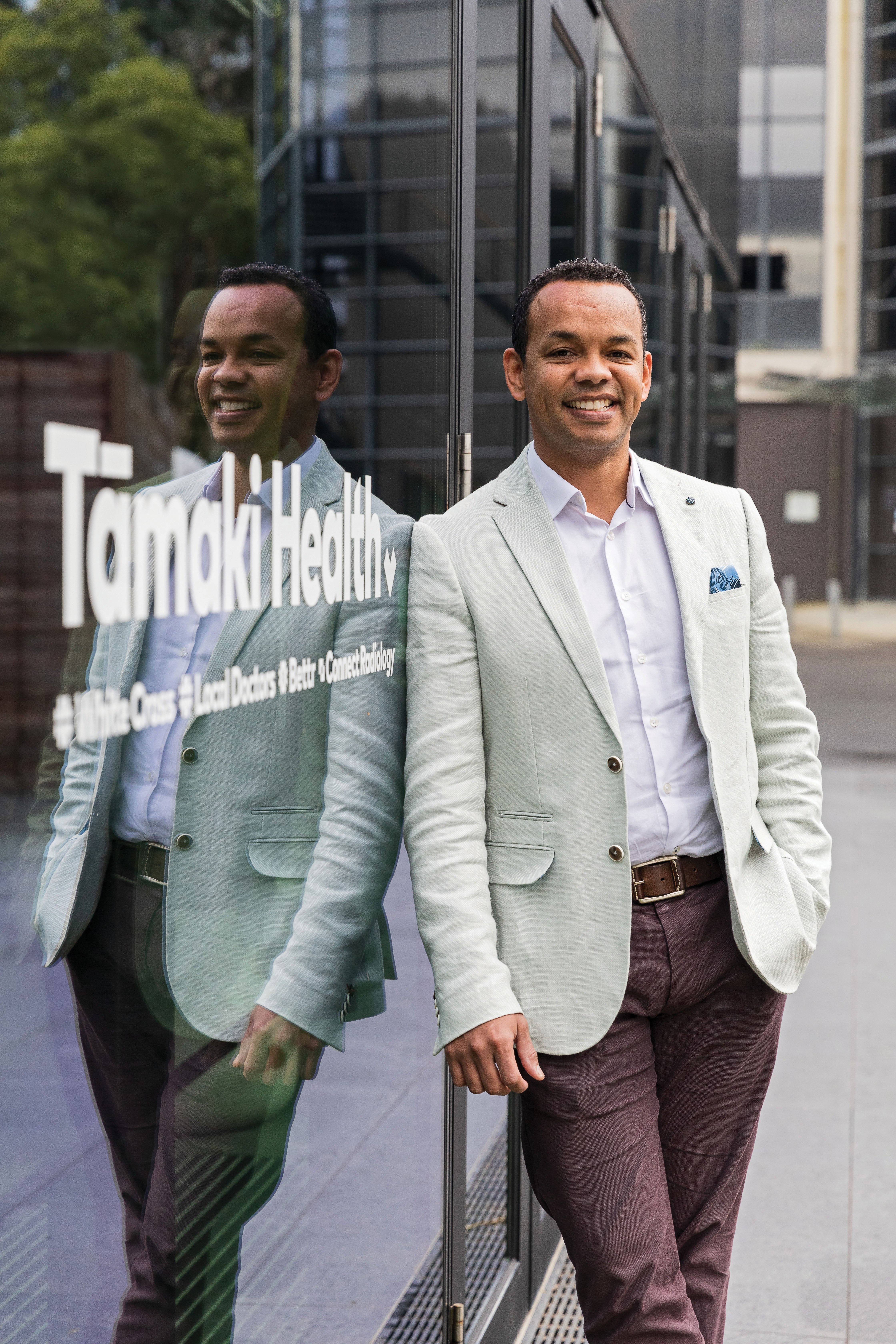
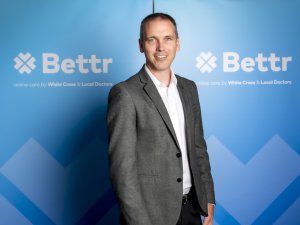

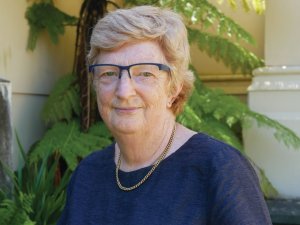



![New Zealand Doctor Rata Aotearoa editor Barbara Fountain, RNZCGP president elect and Tauranga-based specialist GP Luke Bradford, Ministry of Health clinical chief advisor rural health Helen MacGregor, and Health New Zealand Te Whatu Ora clinical director primary and community care Sarah Clarke [Image: NZD]](/sites/default/files/styles/thumbnail_cropped_100/public/2025-05/1.%20Barbara%20Fountain%2C%20Luke%20Bradford%2C%20Helen%20MacGregor%20and%20Sarah%20Clarke.jpg?itok=091NETXI)
![Ngāti Porou Oranga specialist GP Elina Pekansaari and Te Nikau Hospital specialist in general practice and rural hospital medicine David Short [Image: NZD]](/sites/default/files/styles/thumbnail_cropped_100/public/2025-05/2.%20Elina%20Pekansaari%20and%20David%20Short.jpg?itok=h5XfSBVM)
![Locum specialist GP Margriet Dijkstra and OmniHealth regional operations manager (southern) Patricia Morais-Ross [Image: NZD]](/sites/default/files/styles/thumbnail_cropped_100/public/2025-05/3.%20Margriet%20Dijkstra%20and%20Patricia%20Morais-Ross.jpg?itok=jkrtRfJC)
![Golden Bay dairy farmer and dairy industry health and safety doctoral student Deborah Rhodes, and Golden Bay Community Health specialist GP Rachael Cowie [Image: NZD]](/sites/default/files/styles/thumbnail_cropped_100/public/2025-05/4.%20Deborah%20Rhodes%20and%20Rachael%20Cowie.jpg?itok=oM0_GcJc)
![Hauora Taiwhenua clinical director rural health Jeremy Webber, Australian College of Rural and Remote Medicine president Rod Martin and Observa Care director of business operations Deborah Martin, the wife of Dr Martin [Image: NZD]](/sites/default/files/styles/thumbnail_cropped_100/public/2025-05/5.%20Jeremy%20Webber%2C%20Rod%20Martin%20and%20Deborah%20Martin%2C%20the%20wife%20of%20Dr%20Martin.jpg?itok=P_aGmX_H)
![Spark Health chief executive John Macaskill-Smith and client director Bryan Bunz [Image: NZD]](/sites/default/files/styles/thumbnail_cropped_100/public/2025-05/6.%20John%20Macaskill-Smith%20and%20Bryan%20Bunz.jpg?itok=5yJvVZ0I)
![Associate dean (rural) Kyle Eggleton, third-year medical student Roselle Winter, and second-year pharmacy student Alina Khanal, all from the University of Auckland [Image: NZD]](/sites/default/files/styles/thumbnail_cropped_100/public/2025-05/7.%20Kyle%20Eggleton%2C%20Roselle%20Winter%20and%20Alina%20Khanal.jpg?itok=RQLd3TEs)
![Health New Zealand Te Whatu Ora clinical editor and specialist in general practice and rural hospital medicine Anu Shinnamon, and Whakarongorau chief clinical officer Ruth Large [Image: NZD]](/sites/default/files/styles/thumbnail_cropped_100/public/2025-05/8.%20Anu%20Shinnamon%20and%20Ruth%20Large.jpg?itok=i5TMswY9)
![Te Kahu Hauora Practice specialist GP Jane Laver and Ngāti Kahungunu ki Tāmaki-nui-a-Rua chief operations manager Tania Chamberlain [Image: NZD]](/sites/default/files/styles/thumbnail_cropped_100/public/2025-05/9.%20Jane%20Laver%20and%20Tania%20Chamberlain.jpg?itok=jtMklaCZ)